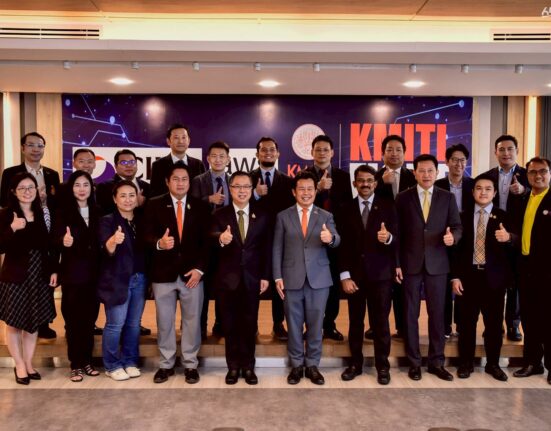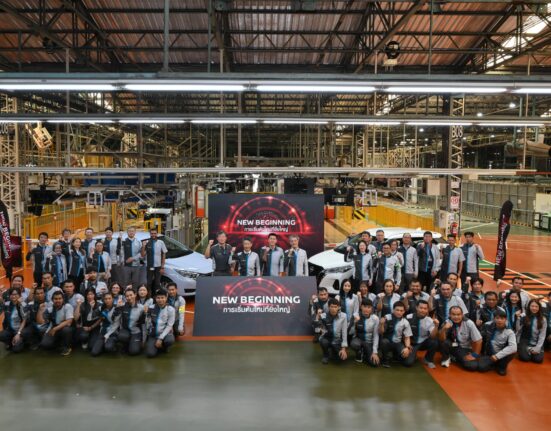The Volatility and Instability of the ‘Celebrity-Driven Economy’
Recently, an intriguing article highlighted the economic impact of Taylor Swift’s concerts. The pop-country superstar’s “The Eras Tour” has been credited with boosting the economies of the countries she performed in over the past year and a half. Economists have dubbed this phenomenon ‘Taylornomics’ (or ‘Swiftie Economics’).
In short, the arrival of her concerts created a surge in demand and supply across various sectors—concert tickets, accommodations, flights, and even local businesses and theaters (which screened the concert for those who couldn’t attend in person).
This phenomenon challenges current economic theories, especially in the wake of the COVID-19 economic downturn. Experts had predicted a decline in consumer spending, particularly on non-essential items. However, the world’s thirst for entertainment after a dull period seems to defy these expectations.
Of course, Taylornomics isn’t viewed entirely positively. Some economists argue that this demand and supply are artificial, driven by opportunity rather than genuine need, and cannot sustain long-term economic growth in the host countries.
The question arises: what happens after the concerts end? This scenario is quite similar to the recent situation in Thailand, where ‘Lalisa Manobal’ (formerly of BLACKPINK), known as Lisa, released her latest single ‘Rockstar’ with a music video shot in Yaowarat, Bangkok.
For years, Lisa has been one of the top Thai celebrities with significant international market value. Products she uses or endorses go viral on social media, translating into substantial revenue.
Her sudden, covert music video shoot in Yaowarat, revealed only when it hit social media, created a sensation. Yaowarat, already a popular tourist destination, saw an even greater influx of visitors.
Government officials quickly capitalized on Lisa’s influence, aiming to promote other areas under Thailand’s Soft Power strategy. They openly expressed their willingness to ‘ride the wave’ of Lisa’s popularity, viewing her as a national pride.
However, while leveraging celebrity influence isn’t inherently wrong, it should be done with sustainable economic strategies. Unlike Taylornomics, Yaowarat has a long-standing reputation and history that can be further developed sustainably.
The difference between Taylornomics and Lisanomics lies in the deep-rooted cultural and economic significance of Yaowarat. Efforts to promote such areas should be well-planned, realistic, and considerate of local perspectives.
Currently, apart from the community’s own efforts, there is a lack of substantial, long-term support from higher authorities. Thailand is often criticized for preferring to ‘buy success’ rather than ‘build success,’ relying on temporary boosts rather than long-term investments.
It’s crucial to recognize that quick success without a sustainable plan can be costly in the long run. Promoting tourism and economic growth sustainably requires comprehensive strategies and collaborative efforts across various sectors.
In conclusion, while celebrity-driven economic boosts can be beneficial, they must be managed wisely to avoid long-term pitfalls. And it’s unrealistic to expect Lisa to single-handedly boost the economy of all 76 provinces in Thailand. Sustainable growth needs more than just riding on the coattails of celebrity fame.















Leave feedback about this